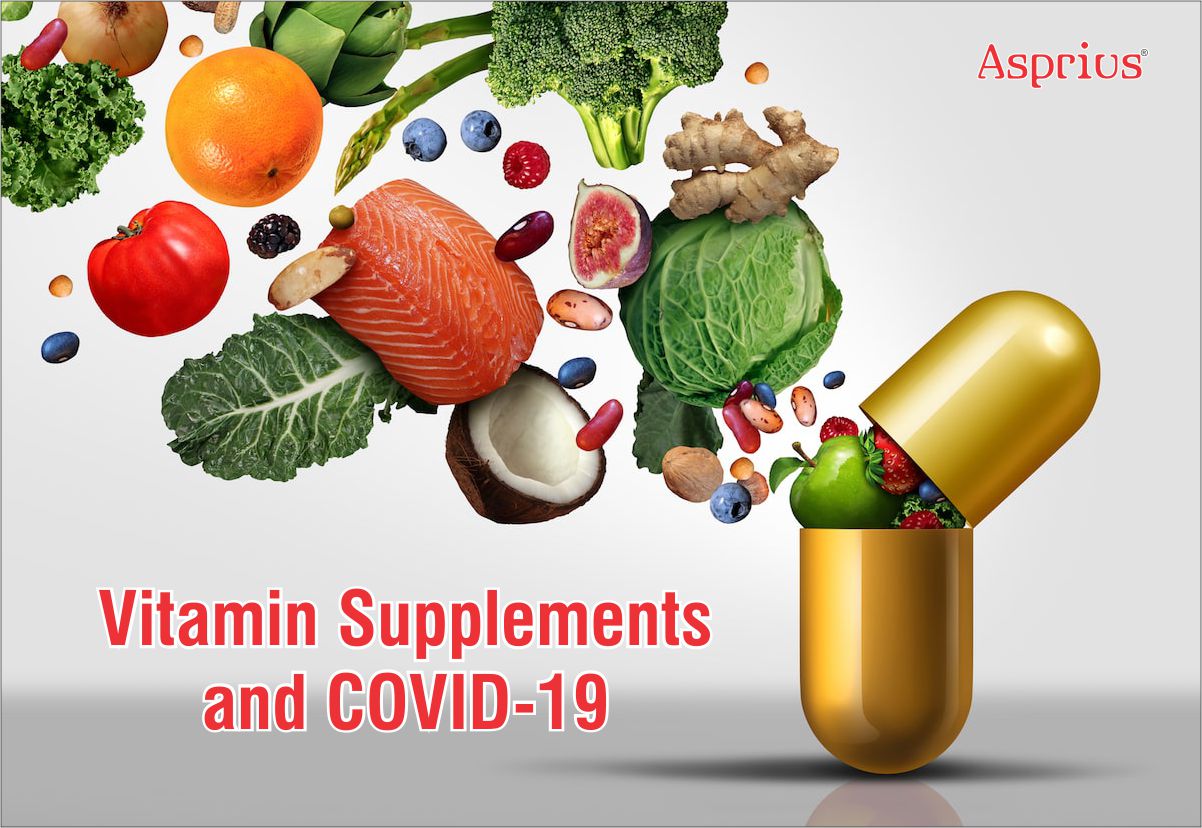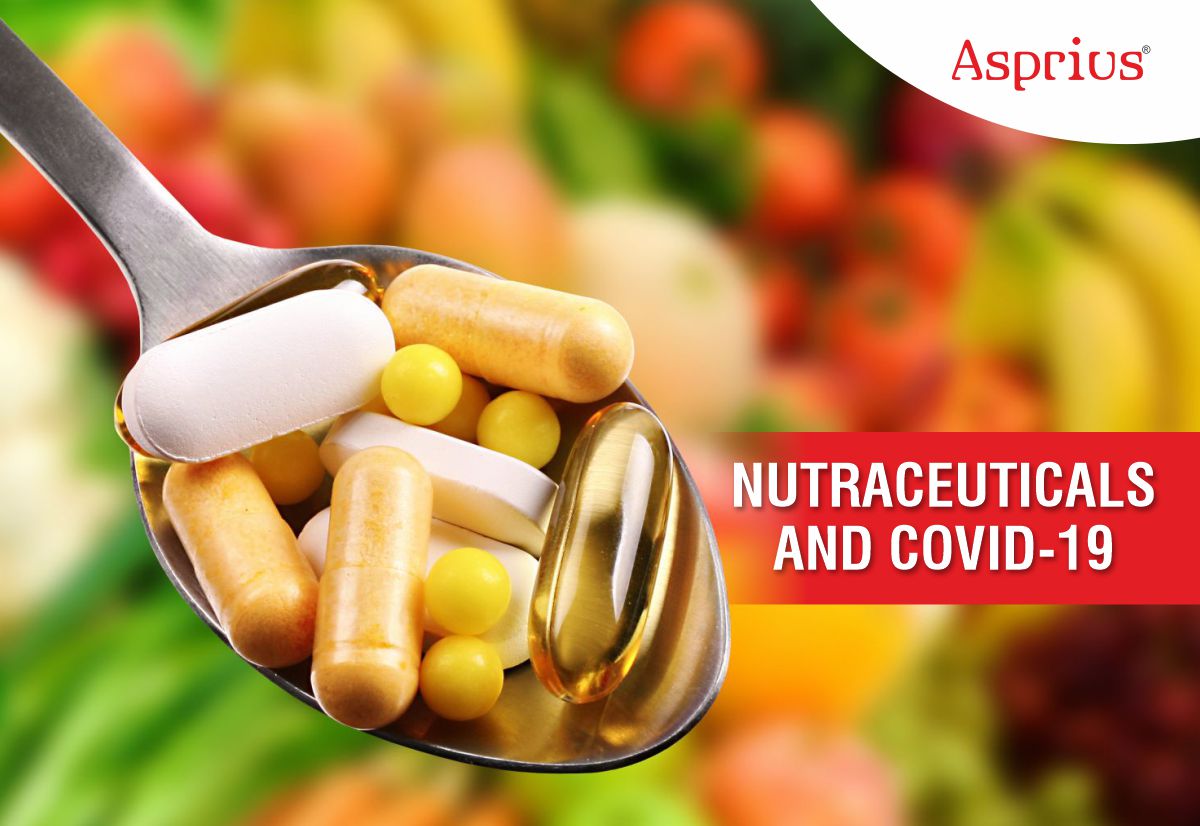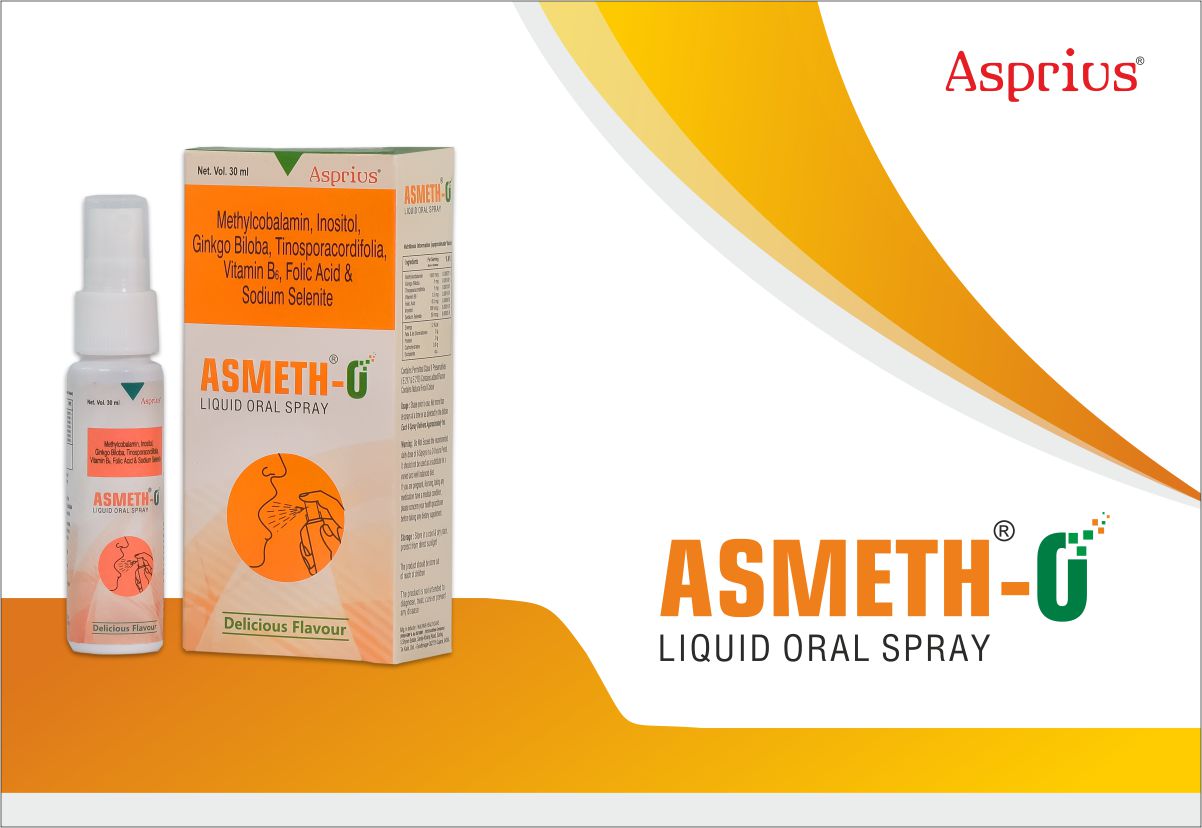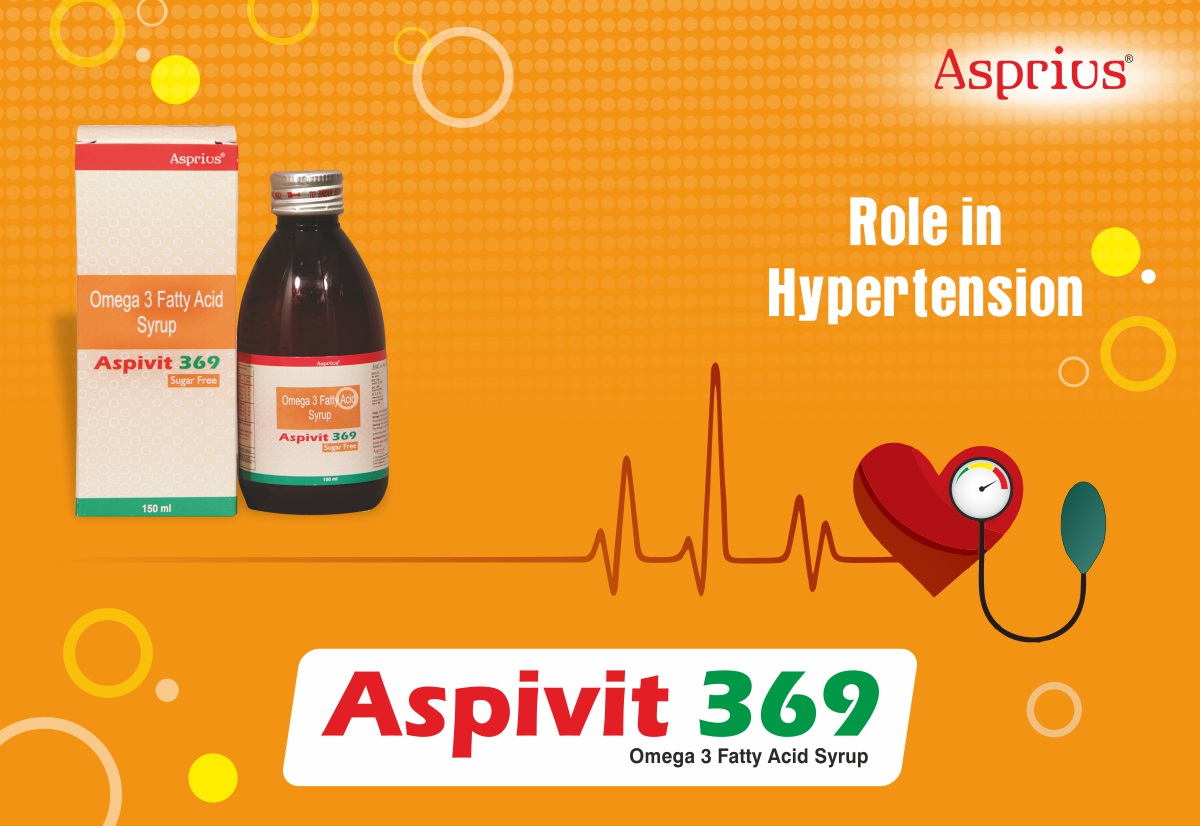
Dr. Sanjay Agrawal
Leading Pharmaceutical consultant and editor-in chief of IJMToday

We all need vitamins and minerals for a healthy body. Some of them we can store, but some of them need to be eaten daily. So can you get all the vitamins and minerals you need from a balanced diet, or should you be topping up?
The array of vitamins our bodies need to function at top capacity is dizzying and that’s before we get started on minerals like iron. Broadly speaking, they’re divided into fat-soluble and water-soluble vitamins.
Your bodies can store supplies of fat-soluble vitamins in your fatty tissues and liver, calling them up and using them when it needs. That means you don’t need a daily supply in your diet. Fat-soluble vitamins A, D, E and K are largely found in liver and fatty foods such as oily fish, egg yolks, fortified spreads and dairy products.

Vitamin A
Your body can also make from beta carotene, found in vegetables such as carrots, peppers, spinach and yellow fruits. Getting enough vitamin A is important for a strong immune system, as well as good eyesight.
However, if you have too much, your bones may become more brittle and prone to breaking if you fall. Too much vitamin A when you’re pregnant can result in birth defects. You don’t need supplements if you have a reasonable diet, and you should avoid eating any fish liver oil, liver or liver pate if you’re pregnant, or too much.
Vitamin K
Vitamin K is needed for blood clotting, helping you to stop bleeding when you cut yourself. Along with vegetable oils, a huge array of foods including broccoli, spinach, brussel sprouts and curly kale contain vitamin K. You shouldn’t need to take a supplement.
In fact, if you take the blood-thinning medicine warfarin (commonly prescribed if you have an abnormal heart rhythm called atrial fibrillation) you should be careful about eating and of these foods. That’s because they can interfere with the effect of warfarin an anticoagulant.
Vitamin D
Vitamin D is the exception where supplements are concerned – and that’s largely because it’s almost impossible to get enough from your diet. It helps keep muscles and bones strong, and may boost your body immunity and even keeps cancer away. About 90% of the vitamin D in our bodies is made in our skins when we’re exposed to sunlight. So in the UK, you should take a 10 microgram supplement from October to April. If you’re over 65, pregnant, breastfeeding, one- to five-years-old, housebound or don’t get out much, you should take the same supplement all year round. Your pharmacist can advise you.
Vitamins B and C
All the B vitamins and vitamin C are water-soluble. On the plus side, if you have too much of them, your body just passes them out of your system in your urine, so it’s very difficult to get too much of them. On the down side, you need to include them in your diet every day, as your body can’t store them. Lots of vegetables are high in vitamin C, but prolonged cooking (especially boiling) means you lose some of the vitamin content of foods.
There are several different B vitamins with a range of functions, mostly related to keeping your blood cells, skin and nervous system in good shape and releasing energy from the food we eat. Most people should be able to get enough from a balanced diet. But if you drink a lot of alcohol, your doctor may prescribe regular supplements of vitamin B and Thiamine. That’s because when your body processes alcohol, it uses up a lot of vitamin B.
Fizzy vitamin tablets contain a lot of salt. If you do take supplements, consider changing to a non-effervescent version. All pregnant women should take a folic acid supplement until 3 months into pregnancy – ideally starting before you get pregnant.
If you have osteoporosis, your doctor may recommend calcium and vitamin D supplements – particularly if you don’t eat a lot of dairy foods. If you have heavy periods, you may need regular iron supplements. Otherwise, rather than making for the supplements aisle, stock up on fruit, veg and whole grains instead to get a healthy dose of vitamins!
Vitamin C and Zinc – COVID 19
Nutrition and immunity always share an equal space and importance. There’s been a lot of debate going on between their correlations. There have been many studies which suggest that providing adequate nutrition requirements will enhance the immunity status of an individual.
Now a day’s nutraceutical s is popularly being used where the role of zinc and vitamin C is supposed to enhance the body immunity.
Vitamin C and Zinc are considered one of the best immune boosters. vitamin C, or ascorbic acid, is considered a water-soluble vitamin which is essential for the individual growth and repair of bone, cartilage, blood vessels and skin. It is mainly found in white blood cells and helps in phagocytosis and enhances immune function by increasing the production of interferon’s and antibodies which help to develop immunity. Also change the pH of the body which is unfavorable for the virus.
Zinc is a common mineral that’s generally added to many nutraceutical products which boost immunity because it is considered essential for immune system function. It’s mainly needed for immune cell development and inflammatory response. Deficiency of any of these will lead to a decrease in immune function. Also inhibits RNA depend RNA polymerase enzymes of the virus.
Hence nutraceuticals is today considered as an important part of the diet to boost the immune status of the people. Therefore the use of these essential vitamins and minerals in nutraceutical s will be very helpful to the people.




